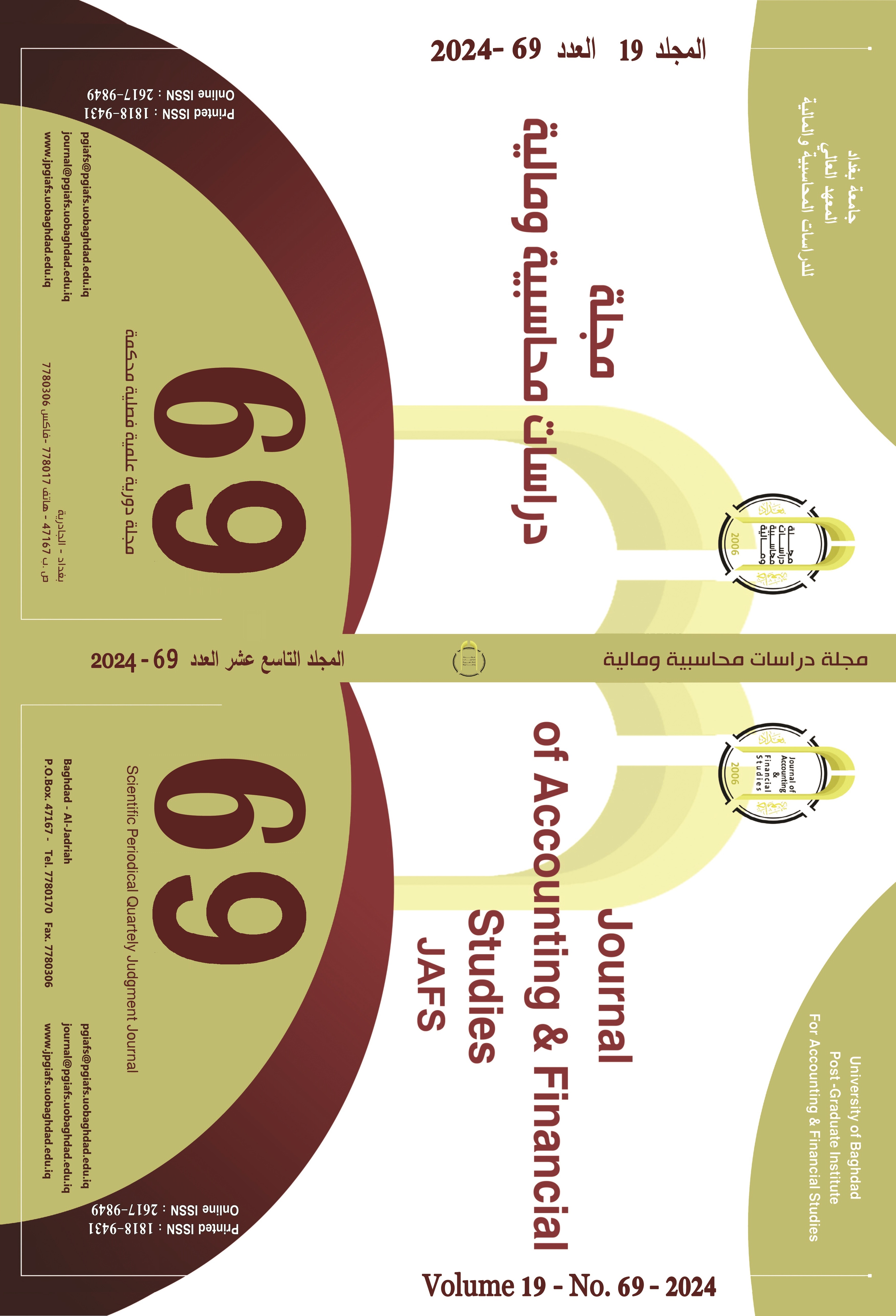The impact of the reconciliation settlement and its impact on the tax proceeds
applied research at the General Tax Authority
DOI:
https://doi.org/10.34093/zv0zy432Keywords:
settlement, tax revenueAbstract
The research aims to demonstrate the impact of the conciliation settlement system as a means of resolving tax disputes that arise between the financial authority and the taxpayer when he violates tax laws and legislation and the resulting penalties of deprivation of liberty against violators set forth in Income Tax Law No. 113 of 1982 as amended, and because the primary goal of conciliation settlement is It is the obligation of the taxpayer to pay the tax owed by him, which will reflect positively on the tax proceeds, and in which the financial authority avoids taking the path of complex judicial procedures that are costly to time and effort. The research problem was represented by the following question: Does the settlement settlement system have a positive impact on the tax proceeds? One of the most prominent findings of the research was that there is a direct relationship between the reconciliation settlement and the tax proceeds, that is, whenever the taxpayer submits a request to conduct a reconciliation settlement, the tax proceeds increase and the taxpayer must pay the tax, double it, and the late interest. Likewise, the researcher recommends that the penalties imposed on the taxpayer be doubled. Taxpayers violating tax crimes, and that additional financial fines be imposed on those who commit such acts in order to act as a financial deterrent, ensure greater protection of the public treasury, and work to increase tax revenues.
Downloads
Published
Issue
Section
License
The copyright is transferred to the journal when the researcher is notified of the acceptance of his research submitted for publication in the journal.



